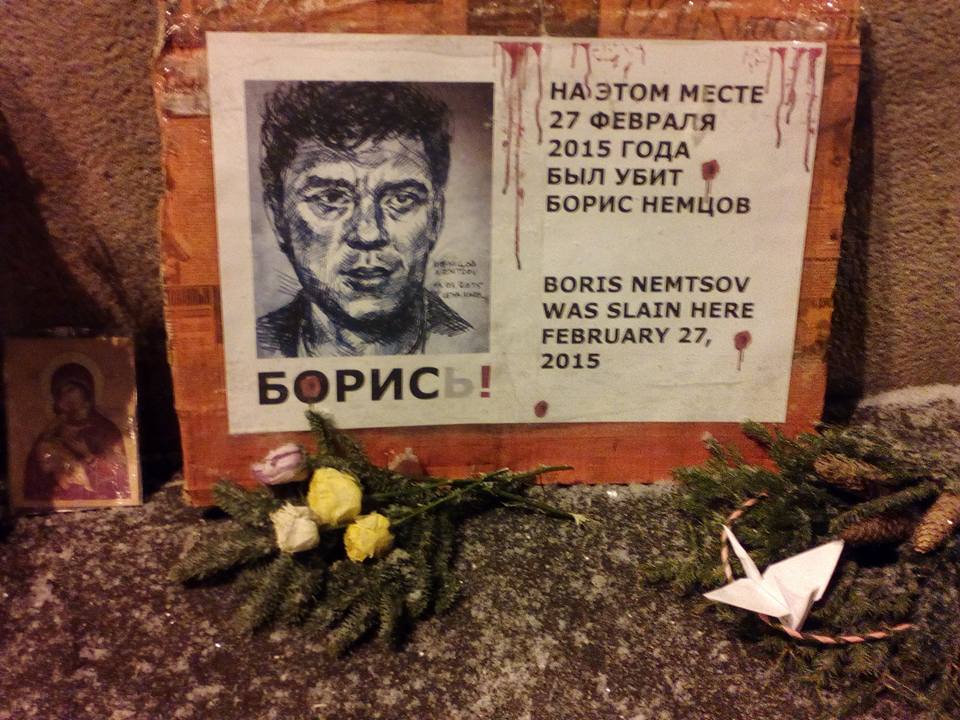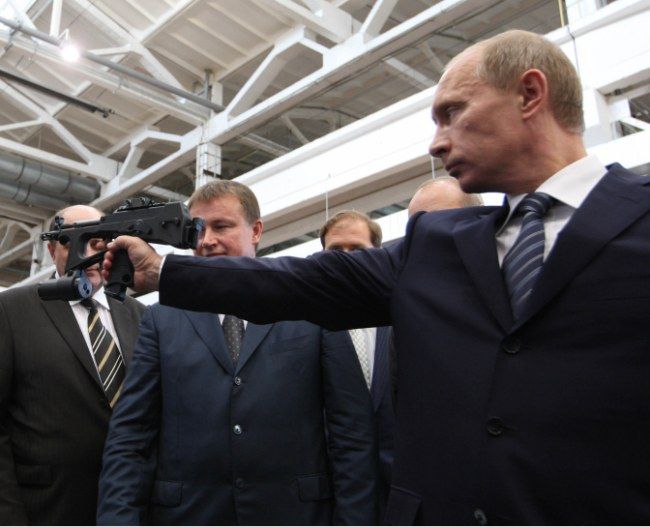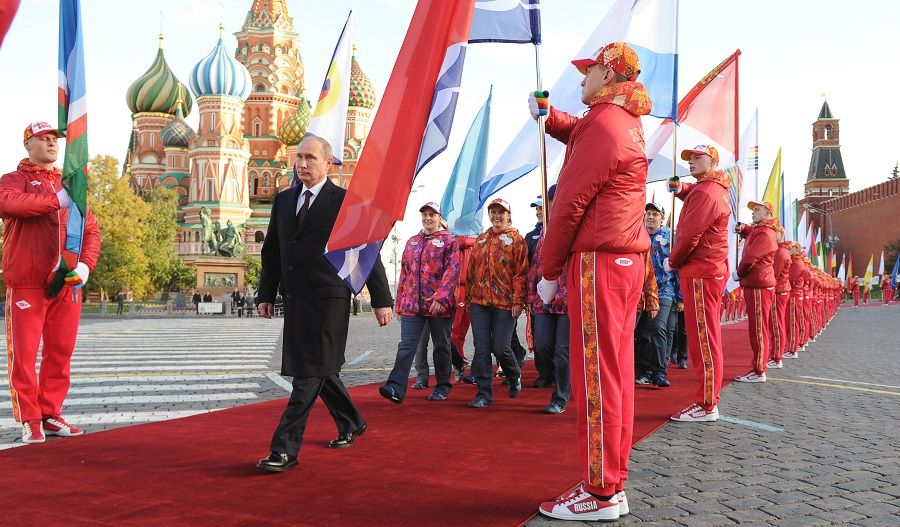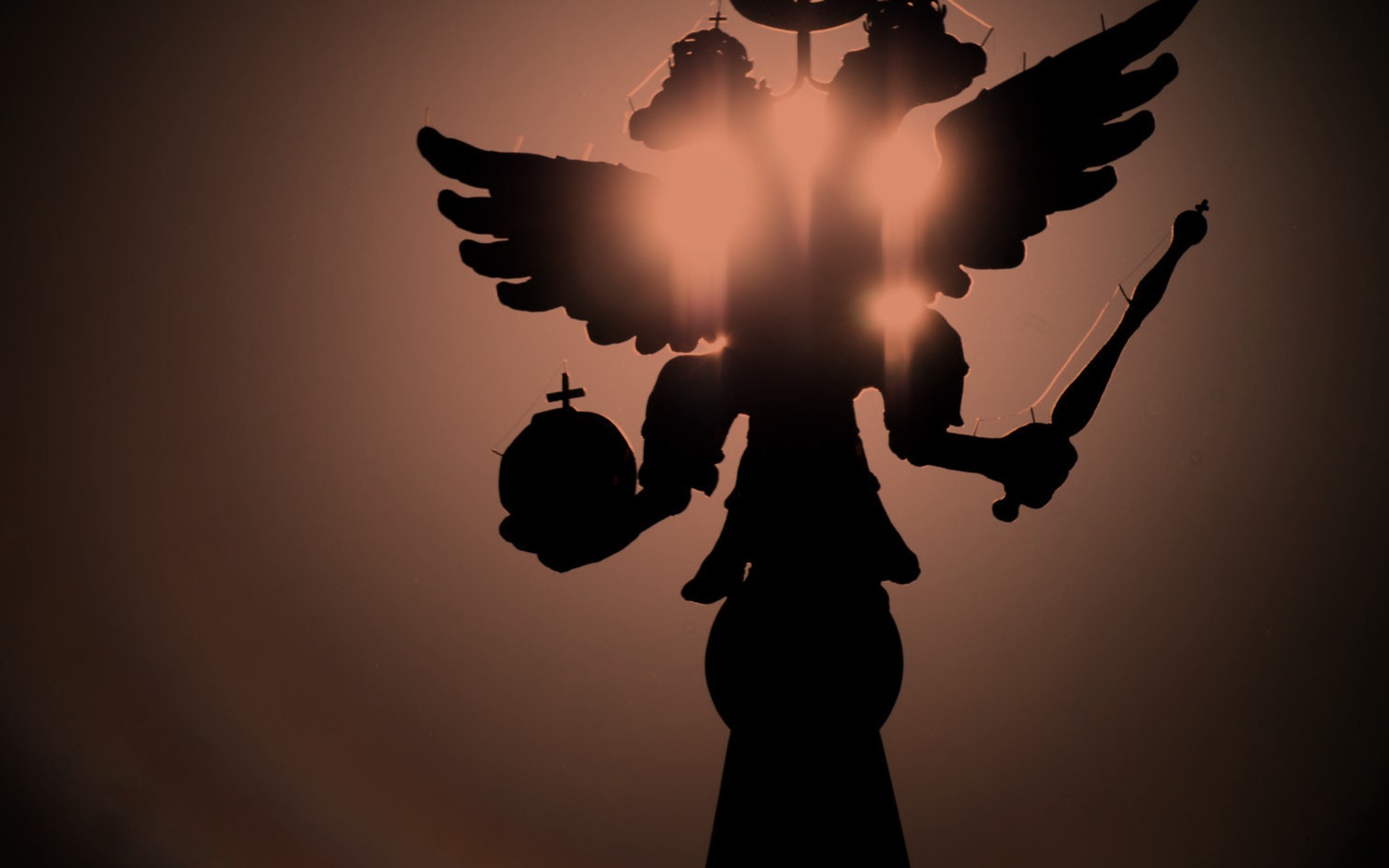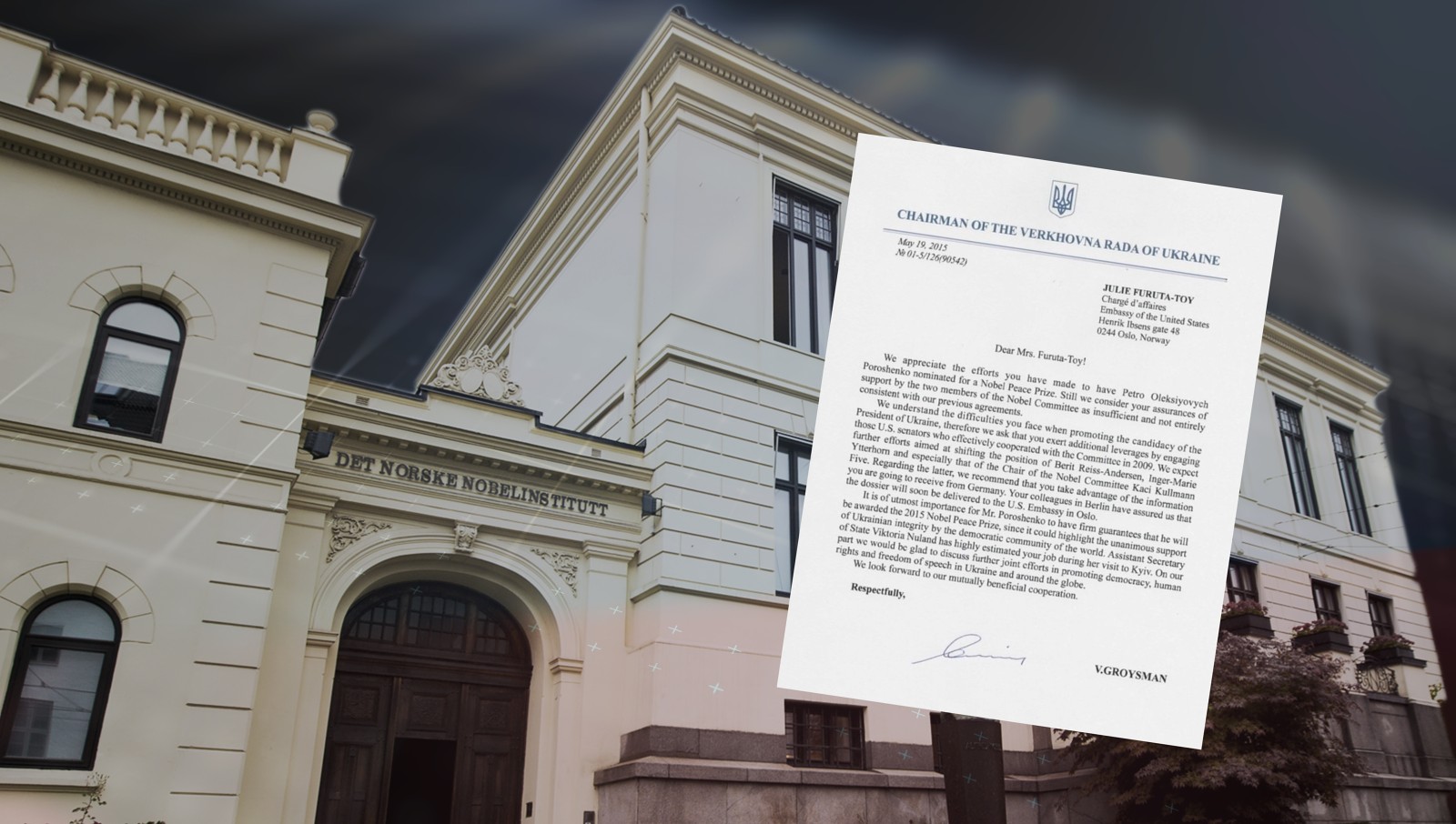
Today, many people around the world will be commemorating the second anniversary of the murder of opposition Russian politician Boris Nemtsov near the Kremlin, but it doing so, they should not forget all the other journalists, opposition figures or those who “knew too much” who have died since that time, Kseniya Kirillova says.
Appended to her recollections about Aleksandr Shchetinin, the Russian-Ukrainian journalist behind the Novy Region-2 portal who died in mysterious circumstances the day before Nemtsov was killed is a list of those who have died in the intervening period in what appear to be somewhat mysterious circumstances.
Kirillova notes that this is “only an incomplete list” of “the large number of strange deaths, sudden suicides, and unsolved murders” during this two-year period alone. It includes the following:
- Mikhail Lesin, a Moscow propagandist found death in a hotel room in Washington, D.C., on November 5, 2015. The local coroner ruled his death an accident but that hasn’t answered “a multitude of questions” about what actually happened.
- Vlad Kolesnikov, a young Russian who committed suicide on December 25, 2015 after being persecuted for his support of Ukraine. As Kirillova writes, he may have died by his own hand, but it would be wrong to call him anything but “a victim of Putin’s Russia.”
- Aleksandr Shushukin, the deputy commander of Russia’s air strike forces who took part in the seizure of Ukraine’s Crimea, was pronounced dead on December 27, 2015, “from a heart attack.”
- Igor Sergun, head of the GRU, died of a coronary on January 3, 2016. He lead the Crimean Anschluss and also in June 2013 organized the visit of now ex-US National Security Advisor Michael Flynn to Moscow.
- Nikita Kamayev, former director of the Russian Anti-Doping Agency connected with the athletic dopinc scandal, unexpectedly died on February 14, 2016, again reportedly of a heart attack. His death took place less than two weeks after the death of Vyacheslav Sinev, another former head of the same organization.
- Pavel Sheremet, a Belarusian and Russian opposition journalist, was killed when his car exploded on July 20, 2016.
- Arseny Pavlov (“Motorola”), a thug leader of the Donbas militants from Russia, died of an explosion in the elevator of the apartment building he resided in while Ukraine. Shortly before that, other separatist commanders, including Pavel Dremov and Aleksandr Bednov were also “liquidated.”
- Oleg Yerovinkin, a senior official at Rosneft who had been head of the secretariat of Russian vice prime minister Igor Sechin in 2008-2012, died of a heart attack at the end of December 2016. His death appeared suspicious not only because he was linked to the man who prepared the anti-Trump dossier but also because it coincided with the arrest of Russian cybersecurity experts on charges of spying for the Americans.
- Valery Bolotov, a former “DNR” militant leader, died in Moscow at the end of January 2017 of a heart attack.
- Mikhail Tolstykh (“Givi”), another Donbas militant, died on February 8, 2017.
- Vitaly Churkin, Russia’s permanent representative to the UN, died of a heart attack on February 20, 2017.
Moreover, there were other cases in which it appears efforts to kill someone fortunately failed, the most prominent of these being the case of opposition journalist Vladimir Kara-Murza who was poisoned on February 2, 2017, but who survived and has now emigrated.
This list, the US-based Russian journalist says, includes “not just opposition figures and journalists, but defectors, informers, potential informers, loyal but excessively fanatic militants and those who simply ‘knew too much.’” It may even include some who just happened to die in exactly the ways the Moscow media have suggested.
Related:
- Nemtsov and Moscow’s Bloody List
- Another death of a Russian opposition journalist: Alexander Shchetinin remembered by Kirillova
- What the murdered Ukrainian-Belarusian journalist Sheremet stood for
- Donbas warlord Motorola killed in Donetsk
- Motorola’s death debunks 6 Kremlin myths
- First head of Russian-backed “Luhansk People’s Republic” Bolotov reported dead
- Another warlord killed: Mystery grows as series of deaths in Russian-backed enclaves continues
- Why are the “heroes of the Russian Spring” blowing up?
- Troubling questions about Putin: Is he sick? And is he getting rid of witnesses?
- Is Putin poisoning his opponents?
- Three lessons from the Kremlin murders




